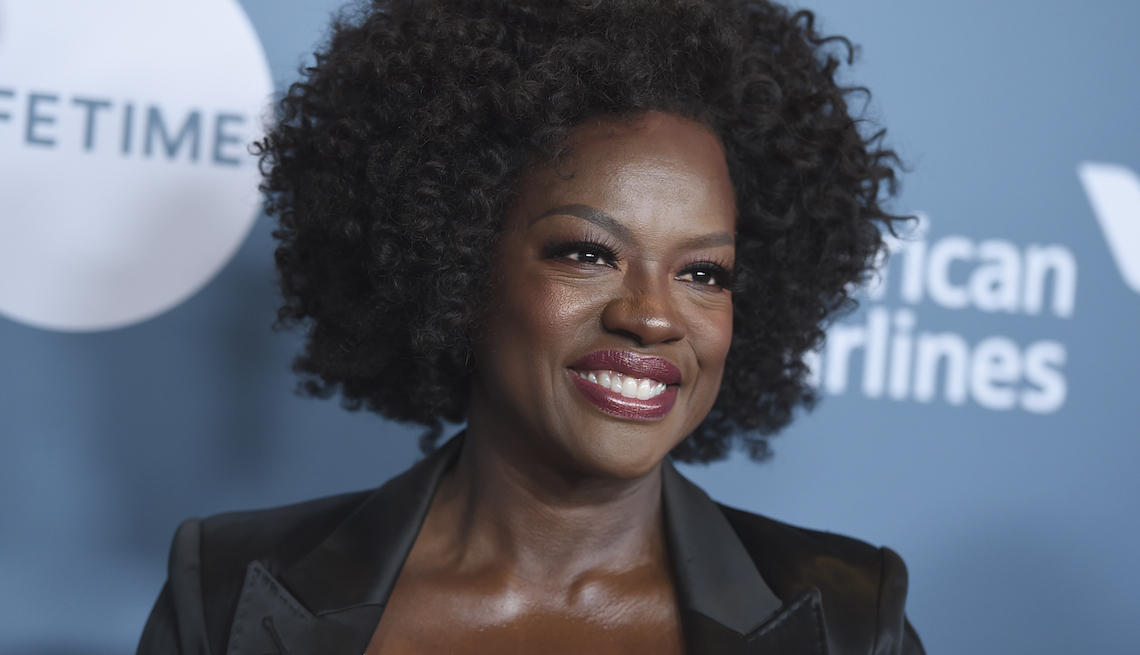Play all audios:
Viola Davis, 53 (_Fences_, _How to Get Away with Murder_), has an Oscar, an Emmy, a Tony, a Golden Globe — and, as she was shocked to discover, prediabetes. “Not many things scare me,” Davis
tells AARP, “but that was one thing that did.” Almost half of all Americans over age 64 have prediabetes, in which blood sugar levels are too high; though it's reversible, it can
progress to Type 2 diabetes, in which blood sugar is even higher, and increases risk for heart disease and stroke. “I was diagnosed a couple years ago,” says Davis. “It just woke me up,
because it has affected my family my entire life: my two sisters with Type 2 diabetes, my aunt, my grandmother. As far as I was concerned, I exercise, I ate right — I certainly didn't
feel like I was in their category. I buckled down and said, ‘You know what? I need to educate myself, I need to change my lifestyle.'" And now Davis is helping educate everyone by
narrating director Ani Simon-Kennedy's new documentary _A Touch of Sugar_, made in collaboration with Merck and its America's Diabetes Challenge, and featuring interviews with
patients, family members, doctors and advocates. “The crisis affects 30 million who are living with diabetes, and 84 million living with prediabetes,” says Davis. “I did not have any
symptoms, but there can be any number of symptoms, anything from exhaustion to eyesight issues to any number of issues. There is a lot of stigma and mystery behind the disease, which is one
of the reasons I decided to be involved with this film.” One-third of Americans have prediabetes. “Whatever your economic status, young or old, it affects everyone,” says Davis. “That's
why we need to hold each other up. It is prevalent in the African-American and Hispanic communities.” Davis's sister Diane was diagnosed with the illness about 32 years ago. “She was
having fainting spells. My sister Deloris was diagnosed through pregnancy.” Davis says diet is part of the problem, and part of the solution. “Listen, I grew up with fried chicken and
dumplings and rice — we never knew it could backfire and cause a debilitating disease. Now when I cook my collard greens, I cook it in chicken broth. We don't have to accept those food
choices that have been given to us in the past. When you are armed with education in terms of food and exercise, you begin to understand how to manage this disease.”

